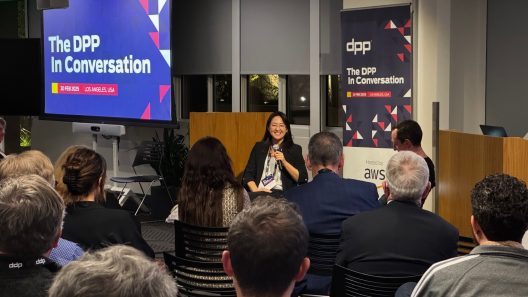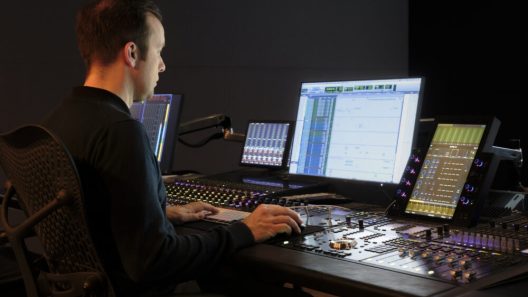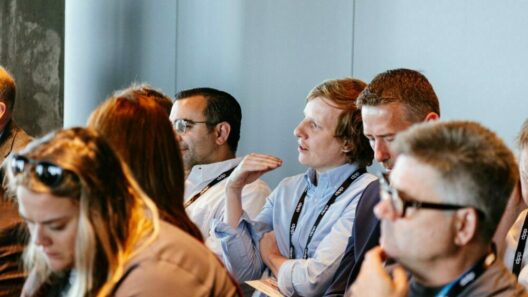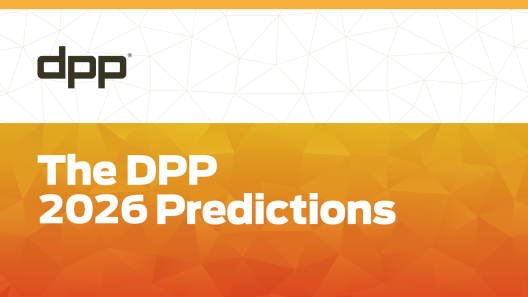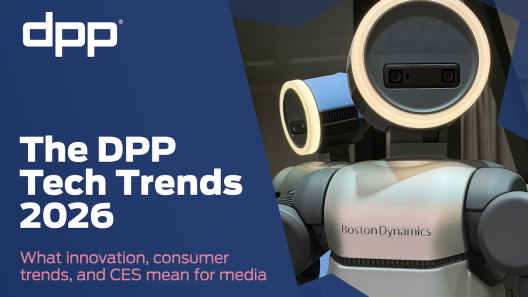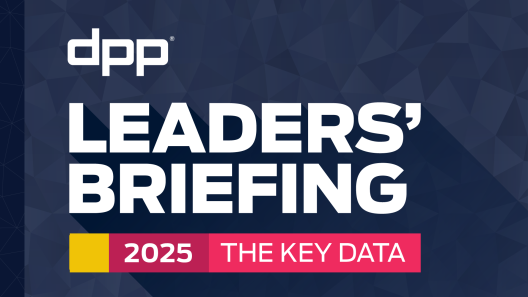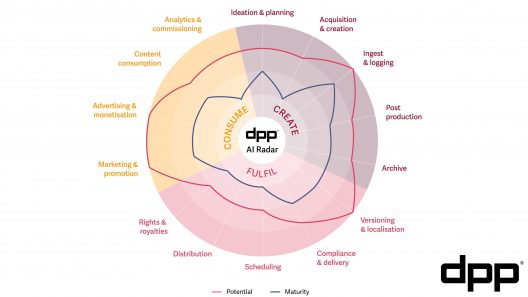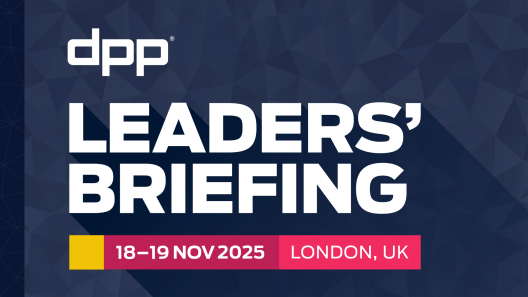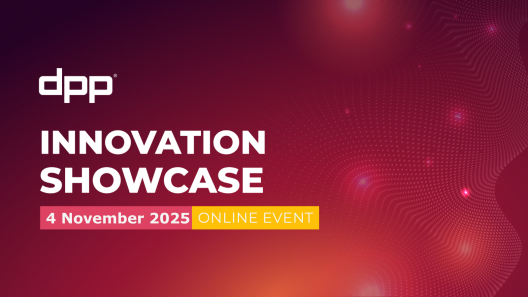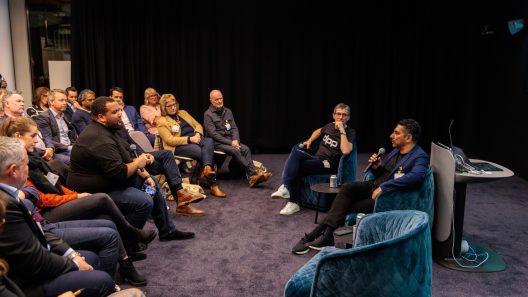
A few weeks into the Covid-19 lockdown I realised the media and entertainment industry isn’t a single industry at all. It’s two separate ones.
Like everyone else, I was spending all day every day on Zoom calls. And increasingly I found myself talking to people who confessed to how much they were enjoying being at home. “I actually rather like this,” they’d confide. “No commute; the technology works just fine; I can get my work done while saving lots of money and walking the dog.”
Personally, I didn’t agree. I hated the social isolation. But that wasn’t what shocked me about their casual delight. It was the fact that by that time we’d heard what was happening in the world of production. Or rather, not happening. The hundreds of thousands of people who provide the fuel that gives us the industry that gives us all jobs, had been thrown out of work overnight.
But somehow those that had office-based jobs not directly related to production didn’t seem to register this distress. It was rather like luxuriating in a deep bath while not appreciating that drought meant no more water was coming into the pipes.
It had become evident that our industry really has two very separate workforces. The one employed to create content; and the one employed to get it to viewers. And they have remarkably little to do with each other.
Those were extraordinary times. And yet, just three years later, we have another drought.
The writers’ and actors’ strikes in the States have brought production to a halt again. Not that you’d know it if you live in Europe. And, incredibly, not that you’d know it from conversations with some industry professionals in America – those that manage content rather than making it.
The other day I had a call with Seth Hallen, who is both the Managing Director of post production services company Light Iron, and the President of the Hollywood Professional Association (HPA). I made the observation that this was like another pandemic. But Seth politely put me straight: “It’s much worse than that,” he said. “The pandemic was a national emergency, so there were all sorts of relief measures. But this time we have thousands of people whose income has completely stopped overnight.”
Anyone who knows anything about film making knows that this doesn’t just mean all the crafts people we immediately associate with a film crew. It also means the editors, VFX artists, colourists, sound engineers, technicians, and others in the post production supply chain. And then there’s all the companies that work on set - from equipment rental to catering, carpenters to stylists.
The financial impact on the Los Angeles economy is already measured in billions – and comes at a time when the city is already facing many other challenges, as The Economist recently described.
“This is huge,” Seth continued. “And even if the strikes are resolved tomorrow, the impact will be with us for at least a year.”
He’s right. As this projection from Ampere Analysis shows, even if the strikes had been short – and resolved in July – 17% of shows would still have been impacted a year later. But if the strike goes on until January 2024, a third of shows will still be impacted moving into 2025.
And if those that work in the ‘other’ workforce, managing content, think they will be largely unaffected, they could be in for a nasty surprise.
Whip Media has provided this projection of how the interruption to the content pipeline could impact streaming subscriptions.
Those working outside America might think its pain will be their gain. Perhaps. But a recent piece in the UK’s Broadcast magazine, describes the difficulties already being faced by those working in production in the UK from a commissioning slow down. That slow down is due to budgetary limitations as all broadcasters struggle with economic recession.
But once again, the recession in UK content making (and doubtless other parts of the world) is largely undiscussed by those working outside production.
So how can one part of the industry be so apparently unconcerned by the impending interruption to the pipeline on which all our livelihoods depend? In part the explanation sits around 20 years ago, when we stopped talking about filmmaking and began to refer to 'content'. That linguistic adjustment came from the diversity of audio visual information and storytelling that was starting to be available to consumers. I’m not sure anyone knows precisely what portion of all content now available is ‘original’ or new, but I am confident it’s a small minority. To some extent there will always be water in the pipes. It just won’t be fresh.
We could be about to find out just how important freshness is to audiences. At an academic level it will be interesting. At a commercial level it could be defining. But at a human level it could be almost unbearable.
You can find out more about the HPA’s support for the production community impacted by the strikes here.
Also look out for the DPP’s exclusive new research project, Hybrid Working in the Media Industry, enabled by Signiant and Wasabi. It provides a unique insight on how we work today and will be published in October.




